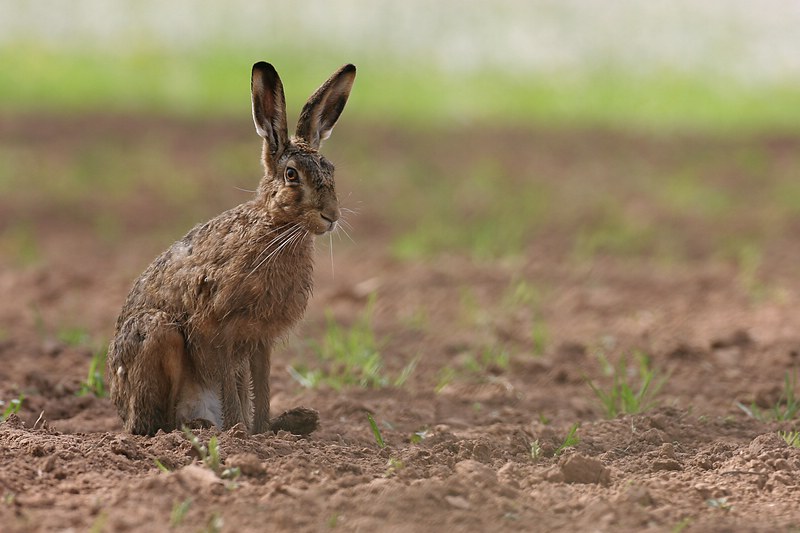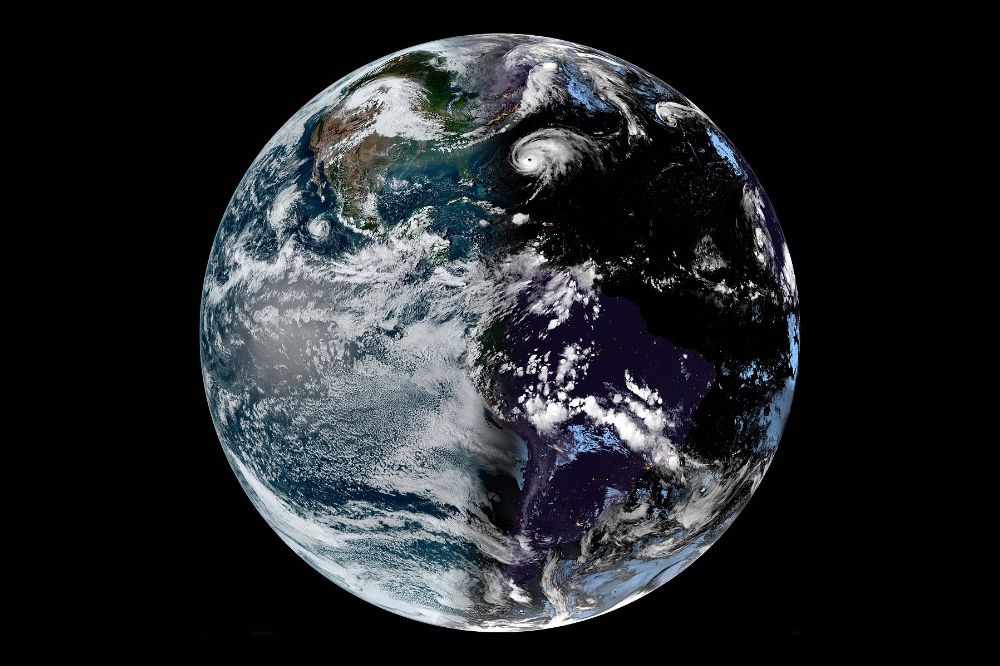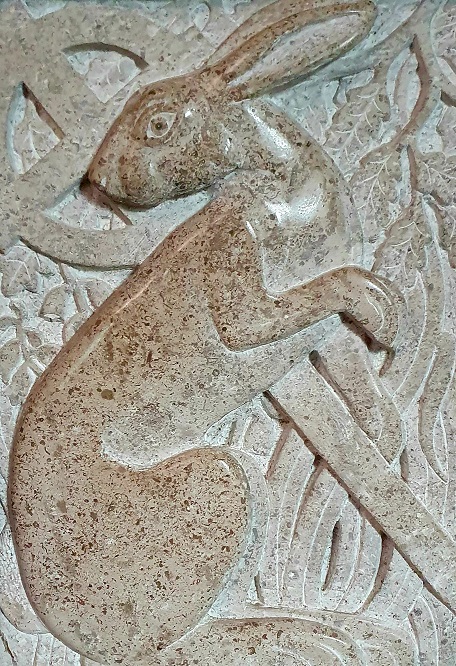Spring has sprung – spring equinox and Ostara marked today

Stephen Price
Today is officially the first day of spring – the date of the spring equinox, cyhydnos y gwanwyn in Welsh, and Ostara for modern pagans.
The equinox in the Northern Hemisphere occurs twice a year – around 20 March (the spring equinox) and around 22 September (the autumn equinox).
Equi nox
The equinox occurs between summer and winter solstices, marking the point the Sun crosses the equator’s path and is positioned exactly above the equator between the Northern and Southern Hemisphere.
During the equinox, day and night are approximately the same length which is evident in the word’s origin derived from the Latin equi (meaning ‘equal’) and nox (meaning ‘night’).

The spring equinox marks the beginning of spring – and from this day forward the day is longer than the night. Similarly, the autumn equinox marks the start of autumn as the night becomes longer than the day.
Equilux
It’s commonly (and forgivably, for all you pedants) believed that the day and night are of equal length at the equinox – its name clearly suggesting thus – although on the equinox, the length of day and night are only nearly equal.
This is because the Sun appears as a disk in the sky, and the top half rises above the horizon before the centre. As well as this sunlight is refracted by the Earth’s atmosphere. The Sun, therefore, appears to rise before its centre at the horizon, giving more daylight than you might expect (12 hours 10 minutes on the equinox).
The equilux is when day and night are equal and occurs a few days before the spring equinox, and a few days after the autumn equinox – this year being around 17 March in Wales.
Paganism
Early civilisations found the equinox and other celestial events a useful way to keep track of the seasons, and many people continue to pay tribute to them just as our ancestors did.
At places of significance across the world, from standing stones and shore lines to ancient temples and mountain tops, people gather to watch the sun rise, and a new dawn begin. Nowruz, the Persian New Year, is still observed by millions of people today.
To the annoyance of holiday booking families, even the date of Easter itself is determined by the celestial event – its date falling on the Sunday after the first full moon following the equinox.
Ostara
The festival of Ostara is also marked on the day of the equinox.
Ostara is a Pagan solar holiday honouring the spring’s warmth, light from the sun, and the awakening of the earth.
Pagan celebrations during this holiday usually have themes of balance, renewal and rebirth, with symbols of spring flowers, fairies, butterflies, rabbits (or hares for the traditionalist) and eggs.

There is much debate in the Pagan community regarding the origins of Ostara due to the lack of primary sources, but one theory is that the name of Ostara came from the West Germanic/Saxon goddess Ēostre.
Saint Bede in the 8th century wrote: “Eosturmonath has a name which is now translated “Paschal month”, and which was once called after a goddess of theirs named Eostre, in whose honour feasts were celebrated in that month.
“Now they designate that Paschal season by her name, calling the joys of the new rite by the time-honoured name of the old observance.”
Another theory is that Eostre is more of a localised goddess in Kent. Despite the questions of her origins, Eostre has become firmly associated with modern-day Ostara.
‘Into the sensual world…’
Balance is a key theme of Ostara – the moment of tipping point when we are said to transition from our inner world into the outer sensual world of action.
Longer and warmer daylight hours ahoy!
Like the hardy Welsh daffodil (and fair-weather dog walkers who haven’t been seen since October), today is day one of a great awakening – time to wake from our hibernation, give our caves a spruce and turn to face the heat of the sun.
In the words of Lia Leendertz from her wonderful bestselling Almanac (Christmas or Yule gift idea from the gods and goddesses): “Now is the time to push our own heads up and out of the soil in the knowledge that we are deeply rooted.
“It’s time to dare to share our calling with the world, to take risks and journey forth.”
Support our Nation today
For the price of a cup of coffee a month you can help us create an independent, not-for-profit, national news service for the people of Wales, by the people of Wales.





